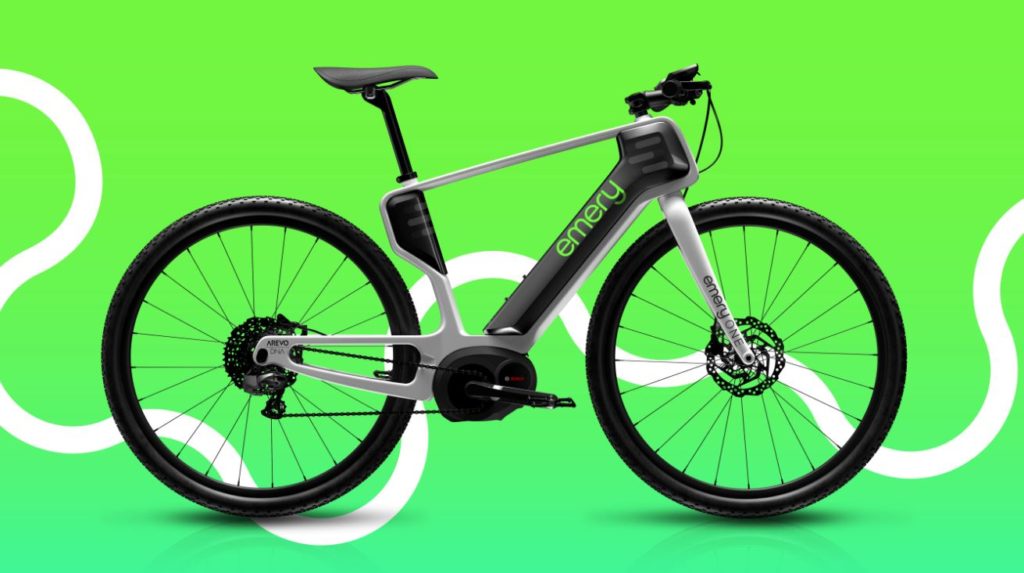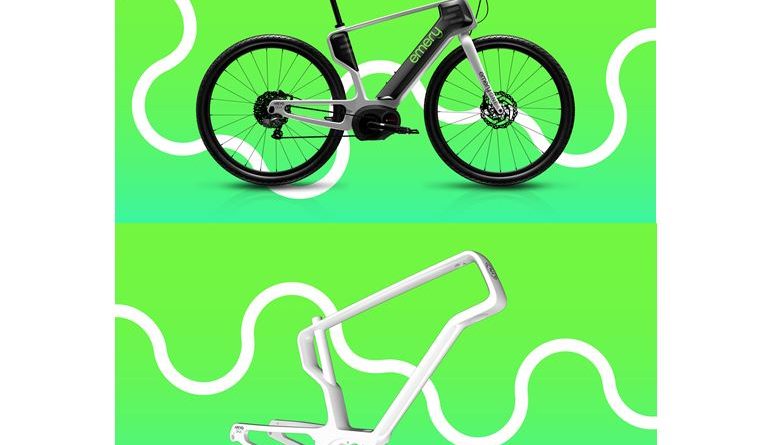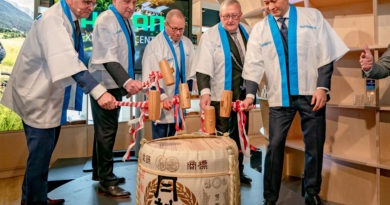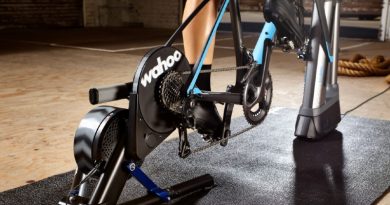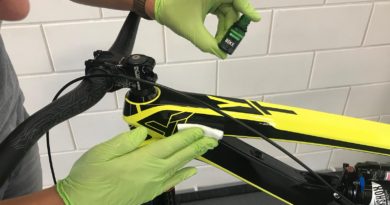Franco e-bikes to use 3D-printed frames from Arevo
Boutique bike manufacturer Franco Bicycles is to deliver what it describes as the world’s first 3D printed, continuous carbon fibre single-piece unibody frame for a new line of e-bikes, in partnership with Arevo.
Pitched as a bicycle manufacturing milestone, it has been labelled the first Composite Additive-Manufactured bike frame, representing on-demand manufacturing of composite parts in volume.
Sold under the Emery brand and showcased at the recent Sea Otter Classic, the frames are in production now at Arevo’s new multi-purpose facility in Milpitas, California, and this achievement with the Emery One represents several breakthroughs for bicycle manufacturers, with implications for other industries as well, according to Silicon Valley-based Arevo.
Apparently unusual for the additive manufacturing world, AREVO DNA tech uses patented software algorithms which enabling generative design techniques, free-motion robotics for “True 3D” construction and direct energy deposition for virtually void free construction, all optimised for anisotropic composite materials.
Arevo has listed the tech breakthroughs the move represents:
- True serial, volume production of AM-made composite parts that are made with thermoplastic materials, which are tougher, durable and recyclable, as compared to brittle and non-recyclable thermoset materials
- A replacement of a labourious manual process with a fully-automated, “lights out” production model
- Delivering on the promise of localised manufacturing or “on-shoring,” which creates greater independence for bike brands
- A much greater “freedom of design” for bike manufacturers that creates the possibility of fully-customised bikes made on an “on demand” basis, an approach AREVO calls “DESIGN. PRINT. GO.”
The Arevo frame is made as a single part, in contrast to current composite frames, which are made of many parts glued together. With Arevo’s intelligent continuous carbon fiber placement, unprecedented structural integrity and stability are achieved. Finally, the AREVO DNA AM process takes the design and final manufacture of a bike frame from 18 months to just a few days at a significant reduction in product development costs.
“We chose AREVO technology because its iterative and flexible design represents the new age in composites manufacturing, and we wanted to be the first bike company to help lead this revolution,” said Hector Rodriguez, Co-Founder of Emery Bikes. “AREVO’s continuous carbon fiber technology has been instrumental in achieving the ride quality and high-performance requirements we set out to accomplish with the Emery One.”
Hemant Bheda, Arevo Co-Founder and Chairman, added: “This is the first Composite Additive-Manufactured bike frame and it represents an important milestone for the AM industry as AREVO is delivering on the promise of on-demand manufacturing of composite parts in volume now,” . “With the introduction of the Emery One, the transformation of the global composite bike industry has begun.”
Renowned industrial designer Bill Stephens of StudioWest collaborated with the AREVO and Franco teams to design the Emery One bike frame.
“AREVO DNA offers a new paradigm for product designers, it forever changes how we can design and build anything,” said Stephens. “This technology allows us to push design boundaries in a way that was impossible until now. AREVO is changing the paradigm to ‘Manufacturing for Design’.”
Arevo wrote an in-depth article for CIN on using digital technology and 3D printing to build bikes & parts. The firm has been touting the potential of 3D printing tech in bike production since at least 2018.
